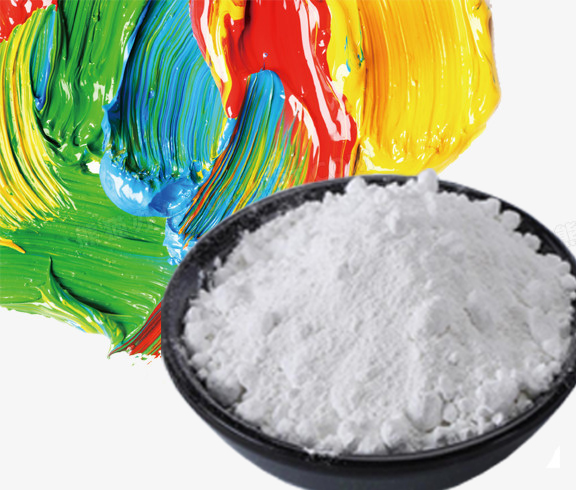
Novemba . 04, 2024 20:17 Back to list
use of titanium dioxide in medicine factories
The Use of Titanium Dioxide in Medicine Factories
Titanium dioxide (TiO2) is a versatile compound with a wide range of applications across various industries, including medicine. Its unique properties make it an invaluable asset in the production of pharmaceutical products. In this article, we will explore the uses of titanium dioxide in medicine factories, focusing on its roles in formulations, as an excipient, and in ensuring product safety and efficacy.
Pharmaceutical Formulations
One of the primary uses of titanium dioxide in medicine factories is in the formulation of pharmaceutical products. Due to its excellent opacity and brightness, TiO2 is frequently used as a pigment in tablets, capsules, and liquid formulations. This opacifying effect is crucial in ensuring that the active ingredients are shielded from light, which can degrade sensitive compounds. For sunlight-sensitive medications, titanium dioxide not only enhances the aesthetic appeal of the product but also serves a functional purpose in prolonging shelf life.
Moreover, titanium dioxide is beneficial in improving the tablet's stability and integrity. It assists in achieving uniformity in dosage forms, which is essential for ensuring consistent therapeutic outcomes. The compound also plays a role in controlling the release rates of active ingredients, thus enhancing the overall efficacy of the medication.
Excipient Properties
Titanium dioxide is widely recognized as an inert excipient in pharmaceutical formulations. Excipient is a substance that is included in a drug formulation to aid in its processing, manufacturing, or stability, without affecting the therapeutic effects. As an excipient, TiO2 serves multiple functions such as acting as a bulking agent, a coating agent, or a stabilizer.
use of titanium dioxide in medicine factories

In tablet formulations, titanium dioxide can improve flowability and compressibility, making it easier to manufacture high-quality tablets. It also enhances the visual characteristics of the product, making it more appealing to consumers. Furthermore, its inert nature means that it does not interact negatively with the active pharmaceutical ingredients, ensuring that the therapeutics remain effective.
Safety and Regulatory Considerations
The safety profile of titanium dioxide is extensively evaluated in the pharmaceutical industry. Regulatory bodies such as the FDA and EMA have established guidelines for its use in medicine, affirming that TiO2 is generally recognized as safe when used within certain limits. Medicine factories must comply with these regulations and perform rigorous testing to ensure the purity and safety of titanium dioxide in their products.
As global awareness surrounding safety and environmental sustainability increases, the medical and pharmaceutical industries are under pressure to adopt more stringent practices in their use of additives, including titanium dioxide. As a result, ongoing research is focused on improving the understanding of TiO2's long-term effects and ensuring that its usage aligns with health and safety standards.
Conclusion
In conclusion, titanium dioxide is an essential component in the pharmaceutical manufacturing process, contributing to formulation stability, aesthetic quality, and product safety. Its unique properties as a pigment and excipient allow medicine factories to produce effective and visually appealing products while adhering to stringent safety regulations. As research continues and regulations evolve, the pharmaceutical industry must remain vigilant in ensuring that the use of titanium dioxide remains both safe and effective, ultimately benefiting consumers and healthcare providers alike.
-
13463-67-7 Titanium Dioxide Using for Coating Supplier – High-Quality Rutile TiO2 for Paints
NewsJul.26,2025
-
High-Quality Titania TiO2 from Leading China Suppliers & Factories
NewsJul.25,2025
-
High Quality Titania TiO2 from Leading China Manufacturer and Supplier
NewsJul.24,2025
-
High-Quality Titanium Dioxide 298 for Versatile Industrial Applications
NewsJul.23,2025
-
High-Quality Titanium Dioxide for Pigments & Industrial Applications
NewsJul.22,2025
-
Premium Titanium Dioxide E Grade | Bright & Cost-Effective
NewsJul.21,2025
